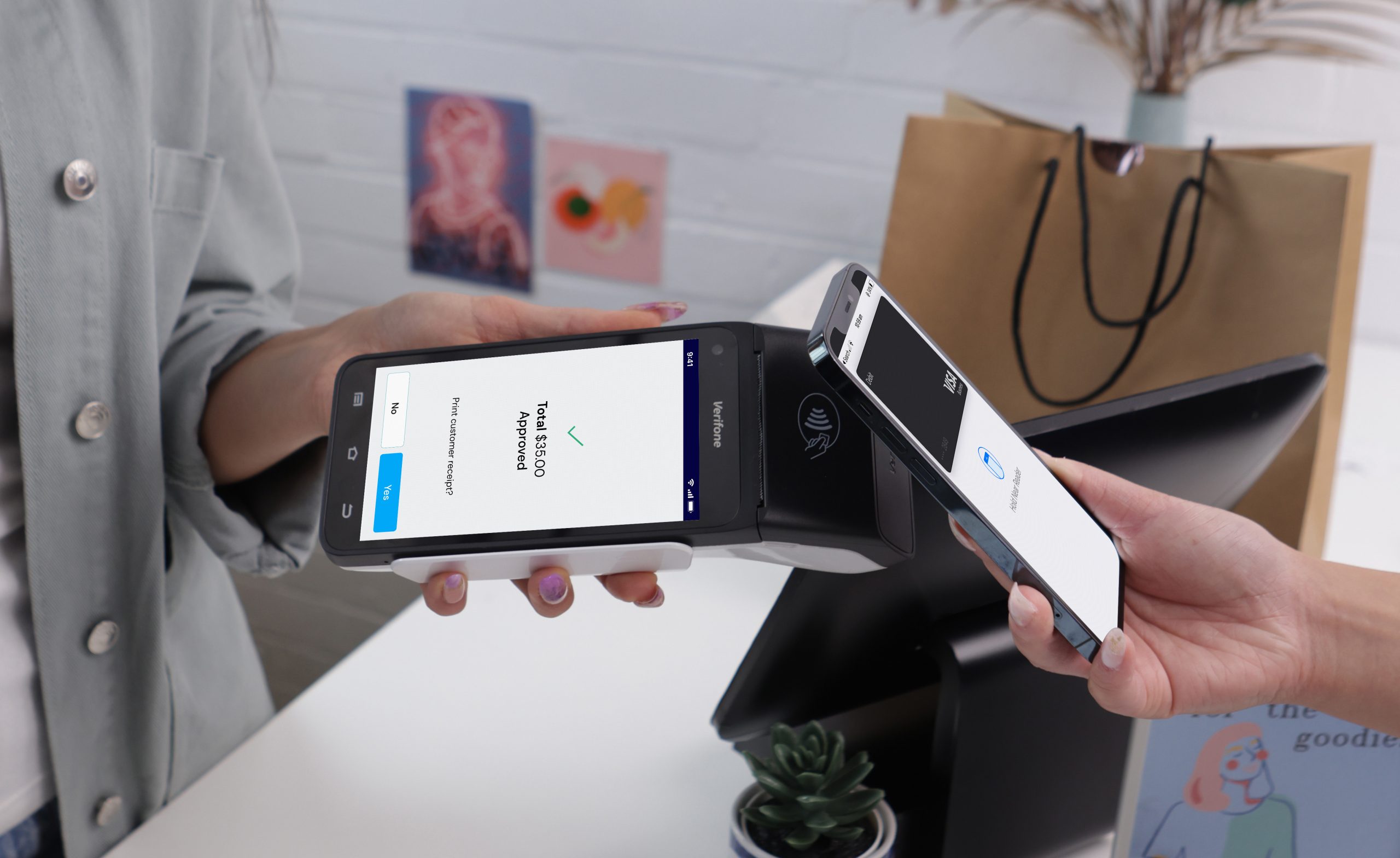Are operational costs bogging your business down? Enter Least Cost Routing (LCR) EFTPOS.
LCR is one simple way that you could be saving your business big money, for little work.
Sounds good, right?
What is Least Cost Routing?
Every time a business accepts an electronic payment through an EFTPOS terminal, the merchant has to pay a fee to the service network that facilitates the transaction. So think Visa, Mastercard, eftpos – the big guys.
When a business has Least Cost Routing (LCR) or Merchant Choice Routing (MCR) enabled on their EFTPOS terminals, all eligible payments are directed to the most cost effective network. With the most affordable route being taken, the costs associated with accepting payments are significantly reduced.
While it may seem like a marginal saving at first glance, when you start to consider the number of transactions a business processes each day, the potential cost savings become much more remarkable.
So, how does LCR work?
What are the benefits of LCR?
According to the RBA, LCR brings down the costs of accepting payments by giving merchants the ability to route dual-network debit card transactions to the lowest-cost network. Beyond this, the RBA encourages merchants and EFTPOS providers to utilise LCR as it increases the competitive pressure between the card payment schemes. With increased competition, card payment schemes like Visa, Mastercard and eftpos are incentivised to lower the fees they set for debit card transactions. After all, if one network is losing out on thousands of potential transactions due to LCR being enabled on EFTPOS terminals, the network is likely to lower their rate to beat out their competition and secure the position as the most affordable offering by way of LCR.
- Cheaper for you to accept payments
- Pressures payment schemes to lower fees
- Greater flexibility in how you process transactions
Do all EFTPOS providers have LCR enabled?
The short answer is no. While the RBA has been working actively to encourage the uptake of LCR, there are still a number of EFTPOS providers that have been slow to make the change. There are a number that do allow for LCR to be enabled, but most of these require you to register for the change or activate a new costing option which can become time-consuming.
When you have a Pago EFTPOS terminal at your business, LCR is automatically enabled. This means more savings for your business from the get go – no messing around with a registration process like many other EFTPOS providers require. With Pago, LCR is available on all terminals, regardless of your industry. What are you waiting for? Let’s get saving!
Find out more about Pago’s pricing structure
FAQs: Least Cost Routing
If you are running a business, implementing Least Cost Routing (LCR) could help to lower the cost of accepting debit cards, helping your business save money.
LCR, also known as Merchant Choice Routing, allows merchants to channel contactless transactions from dual network debit cards via the lowest cost payment network.
Around 70% of Australian transactions are made via a contactless enabled dual network debit card. Dual network means they can be used to make transactions through eftpos, or an international payment scheme. When a merchant has LCR enabled and a customer taps their dual network card, the transaction automatically passes through the most inexpensive network.
Implementing LCR will not compromise the security of your transactions. Your business will continue to be protected throughout all types of transactions.
It is rare for EFTPOS providers to have LCR enabled without you putting in a request or registering for the change. This is why it is important to be aware of any hidden fees that you may be paying. Many bank EFTPOS providers will route the transaction to their preferred payment network which in many cases is the more expensive channel. Pago EFTPOS ensures your business saves more by delivering LCR on all eligible transactions from the moment you start taking payments – no sign up or registration forms required.
If you don’t use LCR, the transaction will go via the card’s default network. This is typically Mastercard or Visa, and is generally the more costly option, which will ultimately cost your business more.





